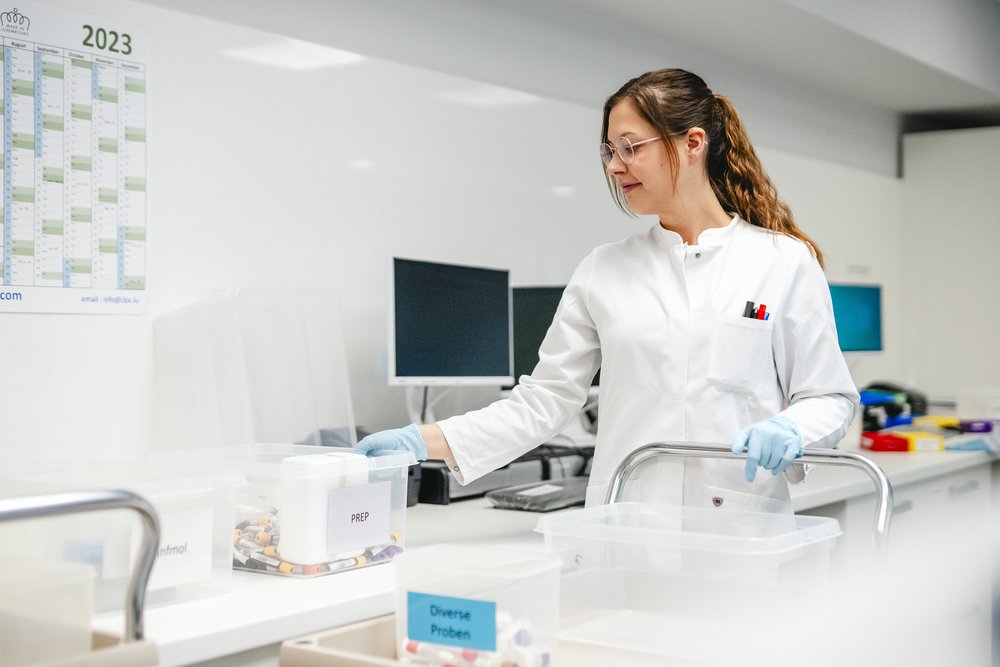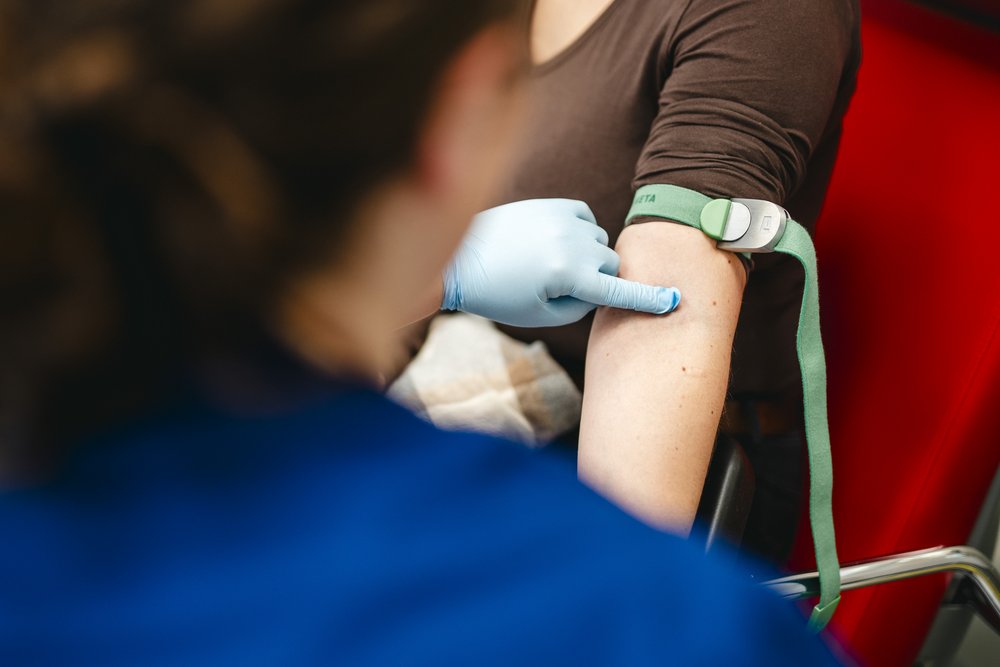
Preventive medicine
Taking proactive care of your health and feeling energised means enjoying life to the full. Good health is based not only on curing existing disorders, but also on effective prevention. As the saying goes, "the best medicine is prevention".
Do you want to actively promote your health and take preventive action?
You've come to the right place. In addition to our tried-and-tested standard laboratory tests, we offer an exclusive range of preventive medicine services - an area in which we have decades of expertise.
Our specialities include tests for heavy metal pollution, intestinal health, biological age, oxidative stress profiles and much more.


